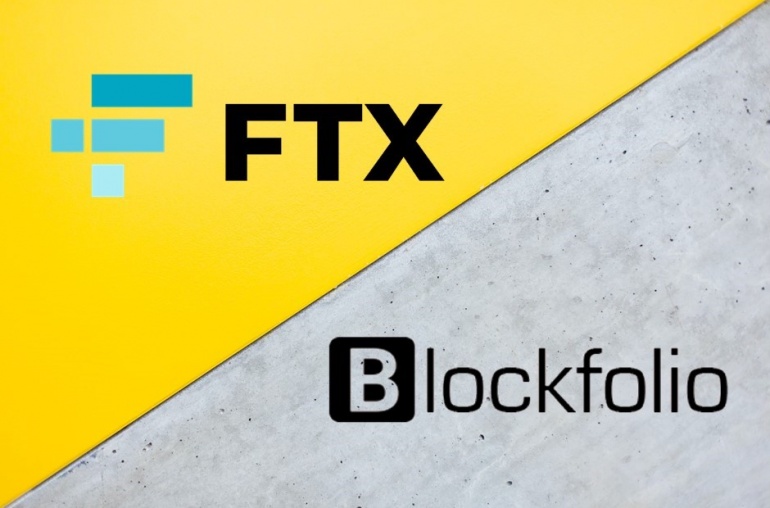South Korea’s financial regulator, the Financial Services Commission (FSC), has unveiled draft rules that will require companies involved in cryptocurrencies to disclose their holdings in financial statements starting from 2024. The move comes as part of the country’s efforts to enhance accounting transparency within the rapidly evolving crypto market, media reports said.
Under the proposed regulations, companies will be obligated to provide detailed information regarding the quantity, characteristics, business models, and accounting policies related to the sale of virtual currencies.
Additionally, they will be required to disclose their profits, volume, and market value associated with crypto assets. These measures are in line with the recently enacted Virtual Asset User Protection Act, which aims to safeguard investors and ensure responsible practices in the crypto industry.
The FSC’s decision to introduce these rules was motivated by the need to address the discrepancies that existed between companies and auditors regarding the recognition of profits from virtual asset sales. Going forward, any sales of virtual assets by companies will be recognized as profit only after fulfilling obligations to asset holders. Furthermore, costs incurred in developing virtual assets and associated platforms will not be recognized as intangible assets, as clarified by the announcement.
To facilitate a smooth implementation of the new regulations, the FSC has actively engaged domestic accounting experts, the Financial Supervisory Service, and the Accounting Standards Board in discussions surrounding accounting uncertainties. The aim is to establish comprehensive audit procedure guidelines that will ensure consistent and accurate reporting practices across the industry.
The forthcoming disclosure requirements are expected to bolster transparency and instill greater investor confidence in the burgeoning crypto market. By promoting accountability and standardizing reporting practices, the FSC intends to create a more secure and trustworthy environment for cryptocurrency transactions.
South Korea’s proactive approach to regulating the crypto sector demonstrates the country’s commitment to staying ahead of evolving technologies while protecting the interests of its citizens. The FSC’s initiative sets a positive precedent for other jurisdictions grappling with similar challenges, highlighting the importance of establishing robust frameworks to govern the rapidly expanding world of cryptocurrencies.
As the implementation of the new rules approaches, companies operating in the crypto space will need to proactively adapt their accounting practices to ensure compliance. By embracing these changes and adhering to the forthcoming guidelines, businesses can foster a more transparent and sustainable crypto ecosystem, ultimately benefiting both investors and the industry as a whole.



